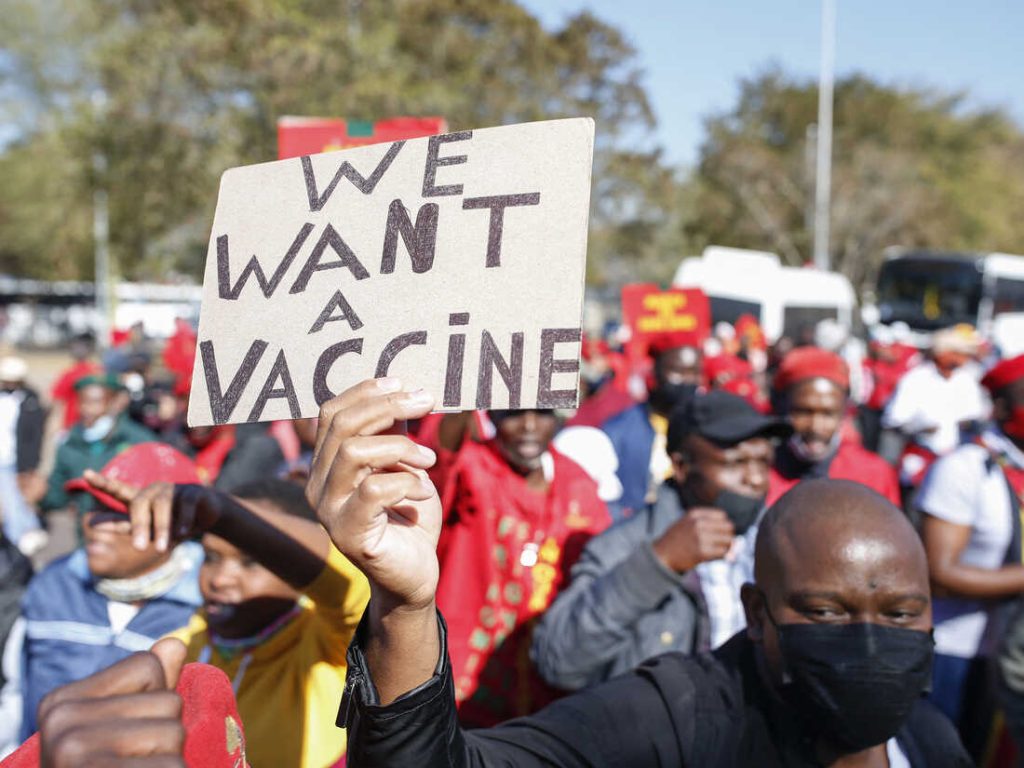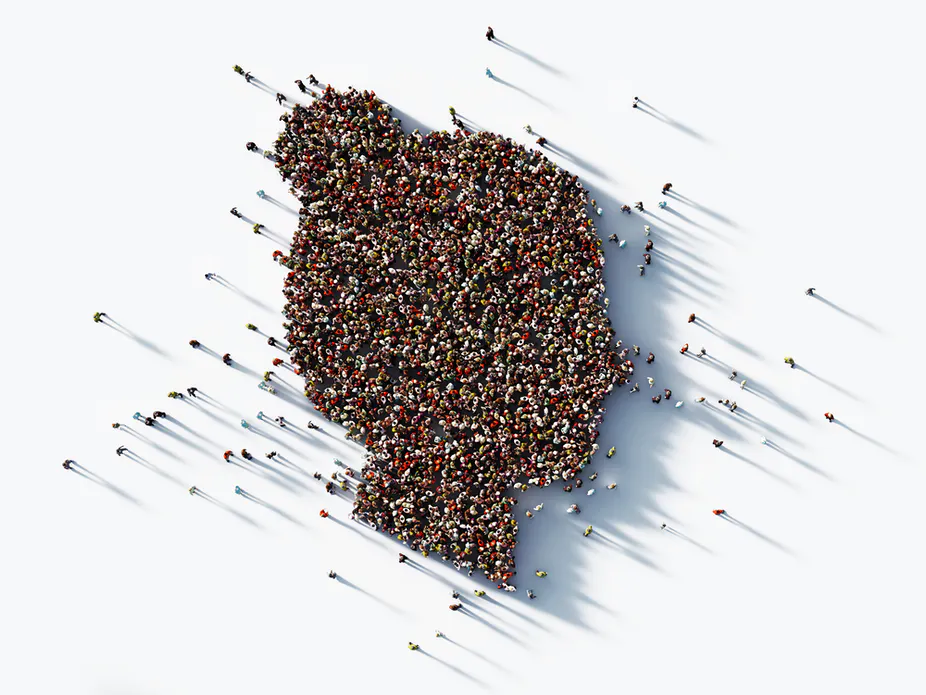Edition 71 – The global economic burden of youth self-harm: A systematic analysis of 204 countries and territories for 2019

Globally, young people (<24 years of age) contribute to about a quarter of the total disease burden of self-harm. However, national strategic plans have been found to have no specific recommendations for managing children and young people suffering from suicidality or preventing youth self-harm. Limited policy attention and allocation of funds can be partially attributed to limited evidence on the economic burden of self-harm. Beyond ethical and health arguments, a high economic burden could persuade policy action. Hence, understanding the global economic burden of youth self-harm including that in low- and middle-income countries (LMICs) is crucial.
Edition 73 – COVID-19 and Malaria Vaccine Advanced Market Commitments: Opportunities to Incentivize Investment in Africa’s Vaccine Manufacturing Industry

This literature review instills a comprehensive understanding of the costs associated with vaccine manufacturing development in the Africa region and draws particular focus to the prices paid by African national governments for the recently rolled out COVID-19 vaccines through the COMAX AMC as well as the estimated costs (based on birth cohort data and DPT vaccination coverage data) of the recently WHO recommended malaria vaccine program.
Edition 68 – Transnational Corporations vs Countries: Who’s Really Got the Power?

Transnational Corporations vs Countries: Who’s Really Got the Power? By Dr. Natasha Roya Matthews, MBBS, MPH, BSc (Hons), AFFMLM, and Dr. Candice Carpenter, MD, MBA, MPH, EdM Citation Matthews N, Carpenter C. Transnational corporations vs countries: who’s really got the power? HPHR. 2022;68. Transnational Corporations vs Countries: Who’s Really Got the Power? Vision The Global Health […]
Decolonising Medicine: a Discussion about Indigenous Health in Canada with Nick Bauer (Part 2)

In this second piece together, Sofia and Nick stress the urgency of fighting for health equity for Canada’s Indigenous populations – now.
Decolonising Medicine: a Discussion about Indigenous Health in Canada with Nick Bauer (Part 1)

Here, Sofia Weiss Goitiandia talks to activist Nick Bauer about the injustices committed against Indigenous peoples in Canada, which do not always receive the attention they deserve.
As seen through Dalia’s eyes: reflections on the world of Global Health from a pioneering Sudanese activist (Part 3)

In this final instalment of Sofia and Dalia’s interview, Dalia synthesises her experiences as an activist in the field of Sexual and Reproductive Health, and shares her views on what ‘Decolonising Global Health’ means in practice.
As seen through Dalia’s eyes: reflections on the world of Global Health from a pioneering Sudanese activist (Part 2)

In the second installment of this article series, Sofia and Dalia discuss Female Genital Mutilation and Dalia’s activism towards ending it in her home country of Sudan. Please be aware that these sensitive topics may be distressing for some readers.
Dr. Rofadun Nisa and Javaid Iqbal discusses “Healthcare in Kashmir”

The i-value By Javaid Iqbal Health Care in Kashmir *All authors contributed equally to this publication (Rofadun Nisa and Javaid Iqbal) The weight of delivering health care during a pandemic is heavy—it is even more so when this is happening in a society suffering from a protracted socio-political conflict for the last seven decades. […]
As seen through Dalia’s eyes: reflections on the world of Global Health from a pioneering Sudanese activist (Part 1)

Sofia Weiss Goitiandia spoke for hours with Global Health scholar and activist Dalia Elhag. In this first article based on their conversation, Dalia talks about the roots of her committed feminism, which is at the heart of her activist work.
Javaid Iqbal discusses “Rise of Racist Machines”

The i-value By Javaid Iqbal Rise of Racist Machines Machine learning is the application of algorithms and data to make decisions. Machine learning (ML) and artificial intelligence (AI) are used in nearly every industry. They have already become an indispensable part of our lives. Science fiction has become a reality. MIT is starting a new […]

